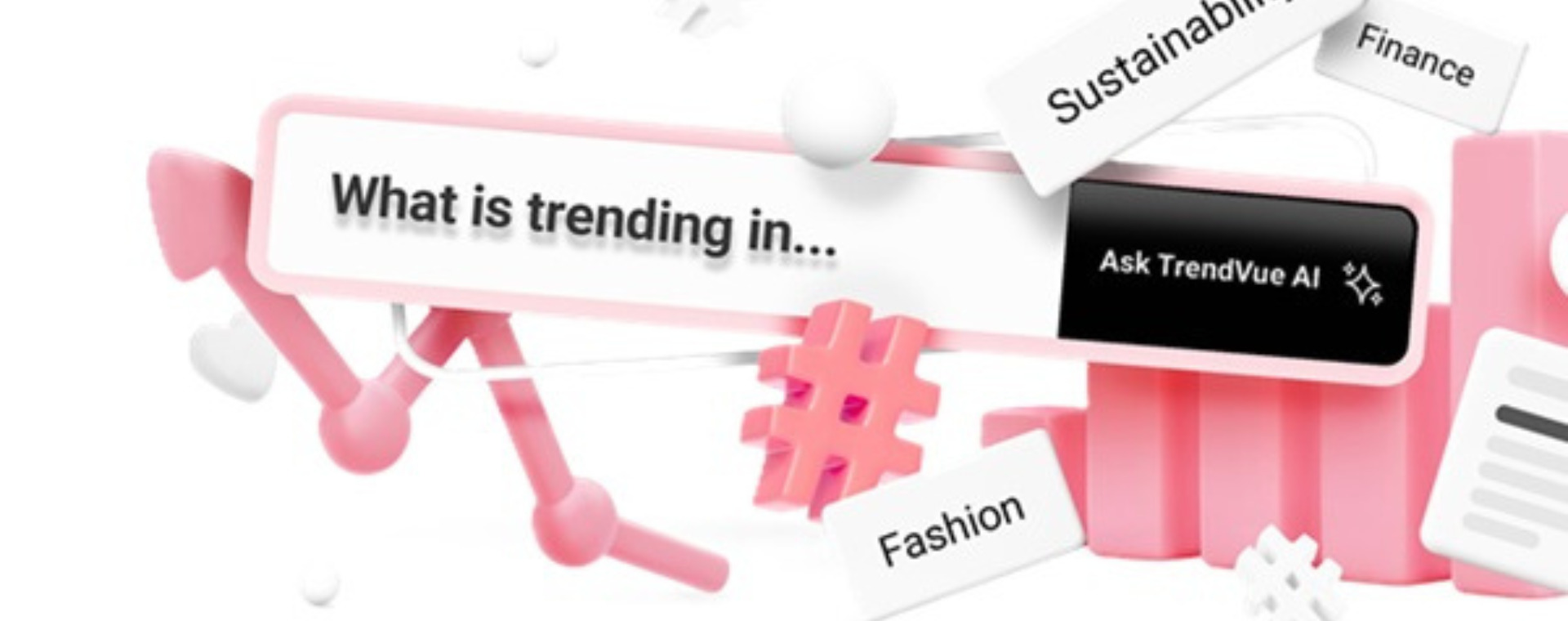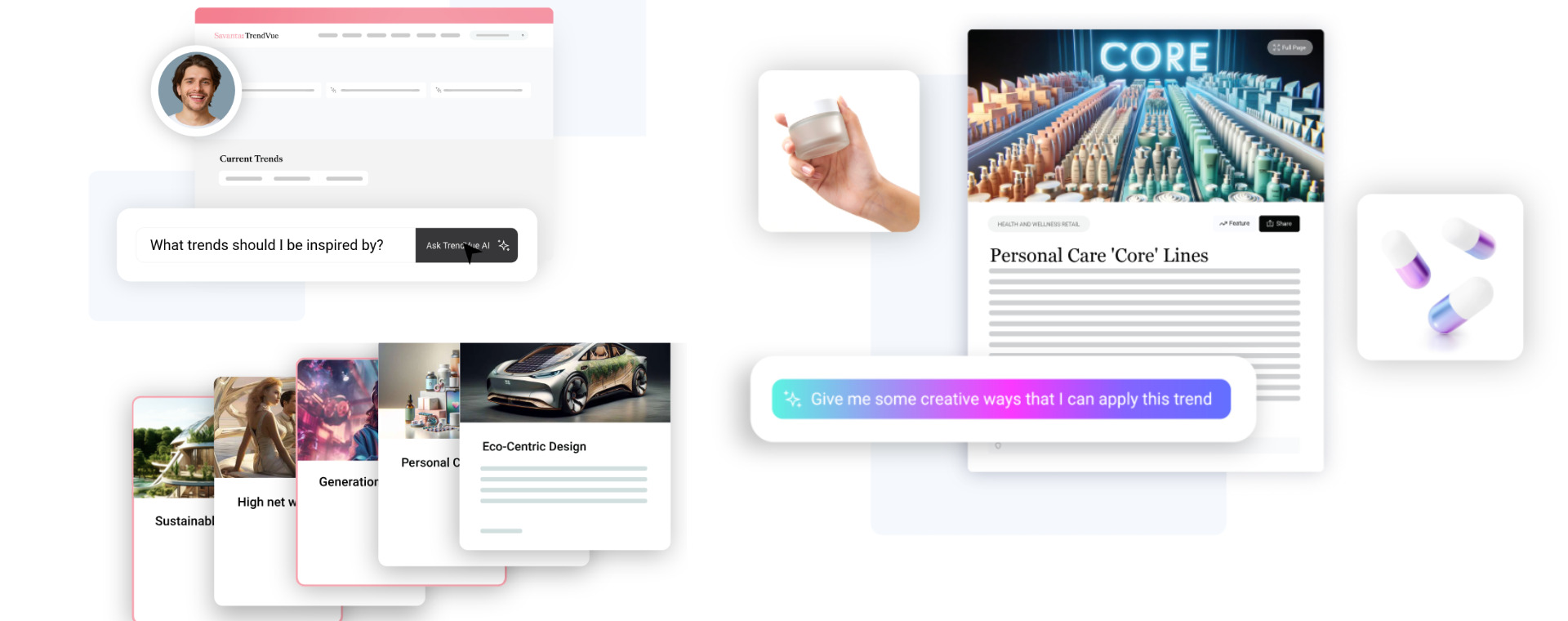
Will Blackett
EVP, Consumer
11/20/2023
- What are the benefits of concept testing?
Concept test research plays a vital role in increasing the chances of successful new product or service development and launch. The main benefits of concept test research are to: - Assess market potential: one of the main objectives of concept test research is to determine the market potential of a new concept. Gathering feedback from the target audience enables organizations to evaluate the demand and acceptance for the proposed product or service. Concept test research allows us to answer two key questions. Is there a viable market for the new concept? Does the concept align with customer needs and preferences?
- Refine concepts: concept test research provides an opportunity to refine and optimize product or service concepts based on customer feedback. Organizations can adjust to enhance the concept’s appeal and feasibility by understanding what resonates with the target audience and what needs improvement. It’s a great way to fine-tune ideas and maximize the chances of success.
- Identify strengths and weaknesses: another key objective of concept test research is to identify the strengths and weaknesses of a concept. What aspects of the concept are appealing? What areas need improving? Answering these questions allows companies to allocate resources effectively, prioritize development efforts, and address potential issues early on.
- Mitigate risks: concept test research helps businesses mitigate the risks associated with new product or service development. Conducting research before investing heavily means organizations can evaluate the potential success of a concept. No one wants to invest resources in concepts that don’t resonate with target audiences since it could result in large financial losses.
- Inform marketing strategies: concept test research provides valuable insights that inform marketing strategies. It enables marketing professionals to understand the target audience’s preferences, needs, and motivations, allowing them to tailor marketing messages and positioning. It also helps to identify key selling points, define target segments, and develop effective marketing campaigns.
- Facilitate decision-making: concept test research provides decision-makers reliable data and insights to make informed choices. Understanding customer perceptions means organizations can make data-driven decisions about whether to proceed, modify, or abandon a concept. This research helps organizations allocate resources wisely by focusing on the concepts with the highest potential.
What are the phases in concept test research?
There are five key phases in concept test research:
- Identify your concept test research objectives: what concept do you want to test, and what specifically do you like to learn from the test?
- Create concept materials: develop concept statements, descriptions, and visuals to present the concept to test participants.
- Select target respondents: recruit test participants representing your target market’s demographic profile.
- Choose your methodology: select an appropriate concept test method based on your objectives.
- Interview/survey and analyze: conduct interviews or surveys to evaluate the concept and analyze results quantitatively and qualitatively to interpret findings.
Is concept testing qualitative or quantitative research?
Concept test research uses qualitative feedback and quantitative data. This blend offers a comprehensive evaluation.
The qualitative feedback includes:
- Open-ended questions to unearth opinions, feelings, and attitudes
- Word-for-word participant feedback
- Observations from the research team of moderators.
The quantitative data includes:
- Closed-ended rating questions
- Statistical analysis
- Conversion of qualitative feedback into data through coding.
Summary: the objectives of the concept test and why it’s so important
Concept test research aims to gather feedback and insights from target audiences to assess the viability, appeal, and market potential of a new product or service concept. Refining concepts – and identifying the strengths and weaknesses – helps to mitigate risks. This insight informs marketing strategies and facilitates decision-making.
To learn more about our capabilities, check out our overview and case studies of concept testing here
Knowledge centre
Read More
Explore
Automotive | Business & Professional Services (B2B) | Charities & Not-For-Profit | Concept testing | Consumer Brands | Eating & Drinking | Education | Energy, Water & Utilities | Fashion & Beauty | Financial Services | FMCG | Health & Wellbeing | Ideation & concept development | Luxury | Media | Pharma | Politics | Pricing strategy | Product & service development | Product testing | Property & Construction | Public Sector | Range optimisation | Retail | Sport & Leisure | Technology & Telecoms | Transport | Travel | Wealth Management | Youth
Automotive | Business & Professional Services (B2B) | Charities & Not-For-Profit | Concept testing | Consumer Brands | Eating & Drinking | Education | Energy, Water & Utilities | Fashion & Beauty | Financial Services | FMCG | Health & Wellbeing | Ideation & concept development | Luxury | Media | Pharma | Politics | Pricing strategy | Product & service development | Product testing | Property & Construction | Public Sector | Range optimisation | Retail | Sport & Leisure | Technology & Telecoms | Transport | Travel | Wealth Management | Youth
What is the goal of user experience research?
Automotive | Business & Professional Services (B2B) | Charities & Not-For-Profit | Concept testing | Consumer Brands | Eating & Drinking | Education | Energy, Water & Utilities | Fashion & Beauty | Financial Services | FMCG | Health & Wellbeing | Ideation & concept development | Luxury | Media | Pharma | Politics | Pricing strategy | Product & service development | Product testing | Property & Construction | Public Sector | Range optimisation | Retail | Sport & Leisure | Technology & Telecoms | Transport | Travel | Wealth Management | Youth
Navigate new horizons: Ignite uncharted inspiration with TrendVue
Automotive | Business & Professional Services (B2B) | Charities & Not-For-Profit | Concept testing | Consumer Brands | Eating & Drinking | Education | Energy, Water & Utilities | Fashion & Beauty | Financial Services | FMCG | Health & Wellbeing | Ideation & concept development | Luxury | Media | Pharma | Politics | Pricing strategy | Product & service development | Product testing | Property & Construction | Public Sector | Range optimisation | Retail | Sport & Leisure | Technology & Telecoms | Transport | Travel | Wealth Management | Youth
Aspirational Brand Love: the seductive art of creating an emotional connection
Automotive | Business & Professional Services (B2B) | Charities & Not-For-Profit | Concept testing | Consumer Brands | Eating & Drinking | Education | Energy, Water & Utilities | Fashion & Beauty | Financial Services | FMCG | Health & Wellbeing | Ideation & concept development | Luxury | Media | Pharma | Politics | Pricing strategy | Product & service development | Product testing | Property & Construction | Public Sector | Range optimisation | Retail | Sport & Leisure | Technology & Telecoms | Transport | Travel | Wealth Management | Youth




